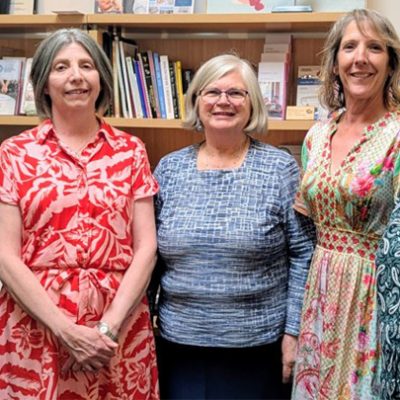
Australia is charging ahead with digital health reforms but in its rush to modernise, one crucial group is being left behind: the allied health professionals, writes Katherine Bassett. Source: CHA.
Physiotherapists, dietitians, occupational therapists, speech pathologists and others form the backbone of much of the care delivered in hospitals, aged care, and community settings. Yet these professionals, many of them working in small businesses or regional areas, are still trapped in a paper-based world, without the tools or support to plug into the digital health system the rest of the sector is building.
The Government’s draft National Allied Health Digital Uplift Plan is a welcome development. It recognises the yawning gap in digital capability across this vital part of the health workforce. But recognition is not enough. Good intentions do not wire up clinics or train staff. A strategy without investment is a fig leaf.
Digital infrastructure isn’t just a box to be ticked. It is the nervous system of modern care. Without it, information doesn’t flow, patient safety suffers, and the dream of coordinated, efficient care falls apart. That’s not ideology. It’s reality.
The plan lists all the familiar challenges: poor IT systems, low digital literacy, and a profession that is fragmented and under-resourced. What it doesn’t yet offer is a credible path to fixing them.
If we’re serious about system-wide reform, we need more than consultation papers. We need money on the table. Grants for small providers. Tailored training. Integration officers to help practices get online and stay online.
And crucially, we need to stop treating allied health like the poor cousin of the health system. These are not fringe players. In aged care, for example, allied health is central to mobility, nutrition, and communication: everything that gives older Australians dignity and independence. Yet many allied health practitioners in aged care aren’t even using clinical software. They’re sending faxes.
This isn’t just bad policy. It’s dangerous. And it speaks to a deeper reality: that digital health, for all the buzzwords, pilot projects, and glossy strategies, is too often left behind.
Dr Katharine Bassett is Catholic Health Australia’s director of health policy.
FULL STORY
We can’t digitally modernise health care while ignoring allied health professionals (CHA)






